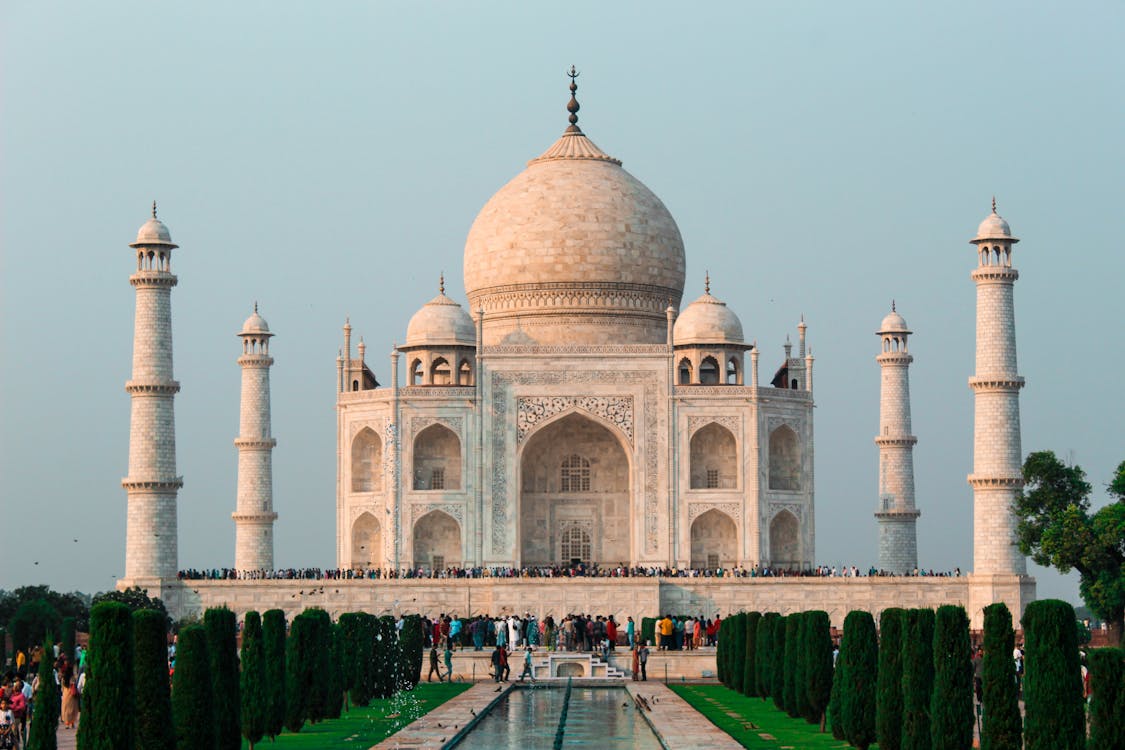India, a land of immense diversity and rich cultural heritage, is one of the oldest civilizations in the world. Its history dates back to over 5,000 years, with the Indus Valley Civilization being one of the earliest known societies. Over the millennia, India has seen the rise and fall of numerous empires, including the Maurya, Gupta, Mughal, and British Empires. This historical tapestry has woven a complex and multifaceted culture that continues to influence the world today. The country's journey from ancient times to a modern democratic nation is a testament to its resilience and adaptability.
Geographically, India is incredibly diverse, encompassing a vast range of landscapes from the towering Himalayan peaks in the north to the serene beaches of the south. The country's terrain includes deserts, forests, rivers, and fertile plains, each supporting a unique ecosystem and way of life. The Ganges, Brahmaputra, and Yamuna are some of the most significant rivers, playing a crucial role in agriculture and daily life. India's biodiversity is equally remarkable, with numerous national parks and wildlife sanctuaries protecting a myriad of flora and fauna, some of which are endemic to the region.
Culturally, India is a mosaic of languages, religions, and traditions. It is home to a variety of religious practices, including Hinduism, Islam, Christianity, Sikhism, Buddhism, and Jainism, all of which coexist harmoniously. This spiritual diversity is reflected in the country's festivals, rituals, and architecture. For instance, the Diwali festival of lights, Eid celebrations, and Christmas are observed with equal fervor across different regions. Temples, mosques, churches, and gurudwaras dot the landscape, each a masterpiece of architectural brilliance and a symbol of India's rich cultural fabric.
The Indian economy has seen significant transformation, especially since the liberalization reforms of the 1990s. It is now one of the fastest-growing major economies in the world, driven by sectors such as information technology, services, manufacturing, and agriculture. India is a global hub for IT services, with cities like Bengaluru, Hyderabad, and Pune being major centers of innovation and technology. Despite its rapid economic growth, the country faces challenges like poverty, inequality, and infrastructure development, which it continues to address through various policy measures.
Indian cuisine, known for its vibrant flavors and aromatic spices, is a reflection of the country's cultural diversity. Each region has its own distinct culinary traditions, from the spicy curries of the south to the rich, buttery dishes of the north. Street food, such as samosas, chaat, and vada pav, is an integral part of Indian culture, offering a taste of the country's culinary ingenuity. Indian cuisine has gained international acclaim, influencing global food trends and leading to a proliferation of Indian restaurants worldwide.
India's contributions to arts and literature are immense, with a rich legacy of classical music, dance, and literature. The classical dance forms like Bharatanatyam, Kathak, and Odissi, along with the classical music traditions of Hindustani and Carnatic music, are celebrated globally. Indian cinema, particularly Bollywood, is one of the largest film industries in the world, producing a wide array of films that captivate audiences across the globe. Indian authors, both in regional languages and English, have made significant contributions to world literature, with writers like Rabindranath Tagore, Arundhati Roy, and Salman Rushdie earning international acclaim.
In contemporary times, India plays a crucial role on the global stage, both politically and economically. It is a founding member of the United Nations and participates actively in international forums like the G20, BRICS, and the Commonwealth of Nations. India's strategic location, large population, and growing economic power make it a key player in global geopolitics. As it continues to navigate the challenges and opportunities of the 21st century, India remains a country of great potential, with a vibrant democracy, a dynamic economy, and a rich cultural heritage that continues to inspire and influence the world.

